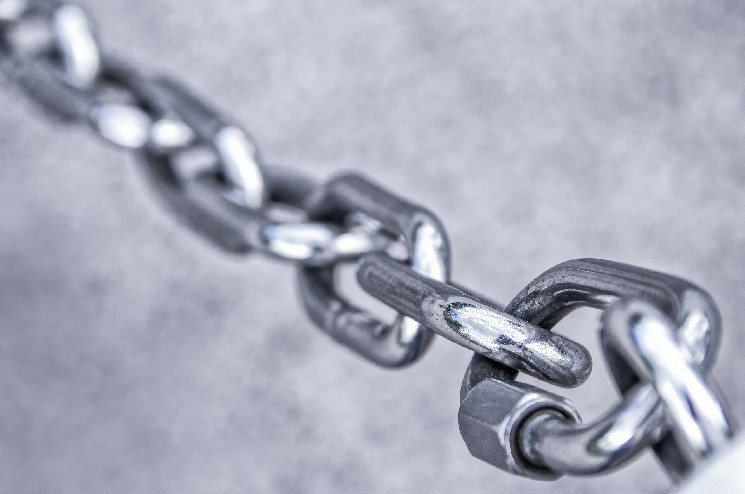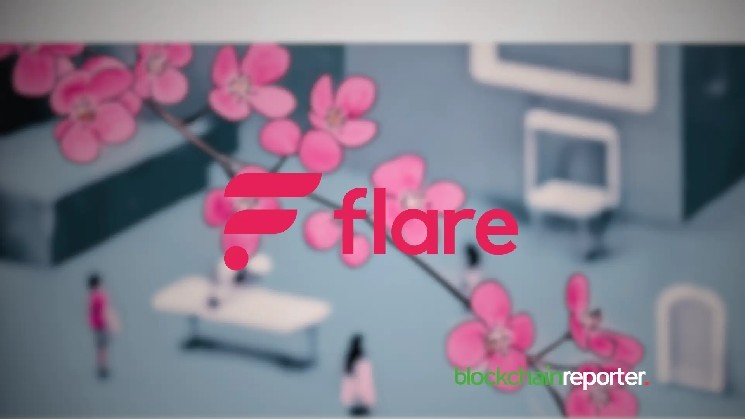
Нулевые доказательства: обеспечение конфиденциальности на блокчейне
104
Zero-Knowledge Proofs (ZKPs) - протоколы, которые используются для доказательства достоверности утверждений на блокчейнах, не раскрывая никакой конфиденциальной информации, которая может подвергнуться риску приватности. Они позволяют пользователям проверять транзакции, не разглашая конкретных деталей транзакции.
В Zero-Knowledge Proof сторона, делающая утверждение (доказатель), несет ответственность за доказательство его достоверности, в то время как другая сторона (проверяющий) проверяет утверждение. Эти протоколы подтверждают на блокчейне, что скрытая информация действительно является достоверной, предоставляя высокий уровень уверенности для доказательства.
Лично идентифицируемая информация (ЛИИ) может представлять риски, такие как кража личности или ущерб репутации, если она попадает в неправильные руки. Нулевое доказательство обеспечивает защиту ЛИИ.
Представьте ситуацию, когда вам необходимо доказать свою личность для завершения транзакции. Обычно вам приходится предоставлять документы, такие как водительские права и другую персональную информацию. Однако, как только вы делитесь этой информацией с третьей стороной, у вас больше нет контроля над ее безопасностью. Хакеры могут нацелиться на базу данных третьей стороны, или сама третья сторона может злоупотребить вашей информацией для целевой рекламы.
С помощью нулевых доказательств вы можете избежать разглашения такой конфиденциальной информации, при этом доказывая ее достоверность.
Нулевые доказательства работают с помощью алгоритмов, которые обрабатывают входные данные и проверяют их достоверность. Множество проектов, таких как StarkNet на Ethereum и Polygon Zero, в настоящее время используют эти протоколы.
Для эффективности нулевых доказательств они должны удовлетворять трем критериям:
1. Нулевая информация: Проверяющий не может получить доступ к исходным данным. Он может только подтвердить достоверность утверждения.
2. Надежность: Протокол не должен подтверждать недействительный ввод как истинный. Должны быть меры безопасности, чтобы предотвратить возможность доказывающего манипулировать проверяющего для принятия ложного утверждения.
3. Полнота: Если входные данные действительны, протокол всегда должен подтверждать утверждение. Если обе стороны действуют честно и информация действительна, доказательство должно быть принято.
Основное нулевое доказательство состоит из трех элементов:
1. Свидетель, который представляет собой секретную информацию. Доказывающий задает вопросы, на которые может ответить только тот, кто знает информацию.
2. Вызов, при котором проверяющий выбирает вопрос из множества для ответа доказывающего.
3. Ответ, при котором доказывающий отвечает на вопрос. Проверяющий использует ответ для подтверждения доступа доказывающего к свидетелю. Проверяющий может затем выбрать больше вопросов из множества, что снижает возможность доказывающего фальсифицировать знание информации.
Существует два типа нулевых доказательств: интерактивные и неинтерактивные.
Интерактивные нулевые доказательства включают взаимодействие между двумя сторонами, чтобы проверяющий был удовлетворен достоверностью утверждения.
Неинтерактивные нулевые доказательства, с другой стороны, включают только один раунд общения. Доказывающий делится информацией с алгоритмом, который вычисляет нулевое доказательство. Проверяющий затем использует другой алгоритм для подтверждения знания доказывающего.
Неинтерактивные нулевые доказательства приобрели популярность благодаря своей удобности. Некоторые примеры неинтерактивных нулевых доказательств включают:
- ZK-SNARKs (Zero-Knowledge Succinct Non-Interactive Argument of Knowledge): Эти протоколы используют эллиптические кривые для эффективной генерации криптографических доказательств.
- ZK-STARKs (Zero-Knowledge Scalable Transparent Argument of Knowledge): Они быстрые благодаря минимальному взаимодействию между участниками.
- Bulletproofs: Эти доказательства не требуют доверенной настройки и позволяют проводить конфиденциальные транзакции с использованием криптовалюты.
- PLONK (Permutations over Lagrange bases for Oecumenical Non-interactive arguments of Knowledge): PLONKs позволяют использовать большое количество участников с помощью универсальной доверенной настройки.
Существует несколько причин, почему нам нужны нулевые доказательства:
- Безопасность и приватность: В то время как Web3 обеспечивает псевдонимность, история транзакций по-прежнему доступна публично на блокчейнах. Нулевые доказательства позволяют проверять информацию, не раскрывая лично идентифицируемой информации, обеспечивая анонимность.
- Проверка личности: Доказательство личности не обязательно должно включать разглашение конфиденциальной информации. С помощью нулевых доказательств можно проверить личность конфиденциально и безопасно.
- Масштабируемость: Проверка транзакций без раскрытия основных данных делает сети блокчейнов более эффективными, поскольку объем информации, сохраняемой на блокчейне, существенно снижается.
- Соответствие: Организации могут соблюдать требования регулирования, такие как KYC и противодействие отмыванию денег, не сохраняя персональную информацию пользователей в централизованных базах данных, благодаря нулевым доказательствам.
Нулевые доказательства - это важный инструмент в криптографии, который обеспечивает аутентификацию неопознанных или ненадежных сторон. В Web3, где псевдонимность является распространенной, нулевые доказательства решают проблему проверки информации через революционные протоколы, обеспечивающие быстрые и безопасные транзакции.

Flare: рост экосистемы с более чем 43 000 пользователей благодаря интеграции с Telegram и институциональной поддержке XRPFi
Сеть Flare активно растет: более 43 000 пользователей FLR благодаря интеграции с Telegram и институциональной поддержке XRPFi. Проект привлекает внимание к DeFi с $170M TVL. 🚀💰🌐

CLS Global и Boosty Labs объединяются для поддержки Web3-проектов через инновации и ликвидность
CLS Global и Boosty Labs объединились для поддержки Web3 проектов, обеспечивая ликвидность и инновации. Партнёрство направлено на безопасность и масштабируемость в криптомире. 🌍🤝💡🔒🚀

Ajman Bank запускает токенизацию активов по шариату с помощью Fasset для исламских финансов в ОАЭ
Ajman Bank и Fasset запускают токенизацию активов по шариату, предлагая финансирование и услуги для клиентов. Альянс позволит улучшить доступ к реальным активам и ускорить платежи. 💰🌍📈

Ultiland и TradeTalent: Новое партнерство для создания экономики создателей с ИИ и токенизацией активов
Ultiland и TradeTalent заключили партнерство для переосмысления экономики создателей с интеграцией ИИ и Web3. Объединяя творчество и технологии, они стремятся создать децентрализованную экосистему талантов. 🚀🎨💼